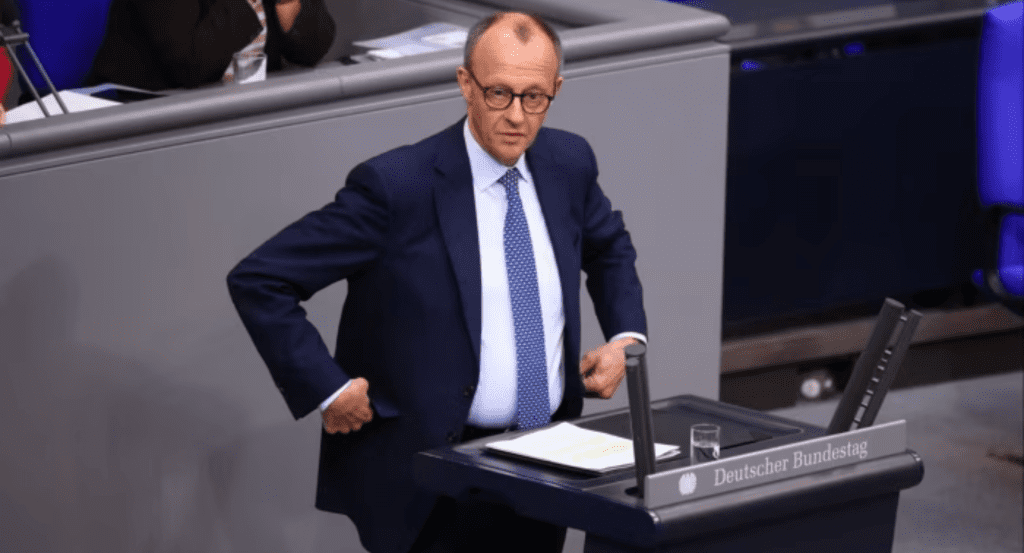Germany’s Bundestag Approves Historic €500bn Investment Package
Germany’s parliament has passed a historic €500bn investment package, aimed at strengthening the country’s military and revitalizing its infrastructure. The approval, secured with last-minute support from the Greens, also involves changes to Germany’s strict debt rules, marking a significant fiscal shift.
The Road to the Historic €500bn Investment Package
The move, championed by incoming conservative chancellor Friedrich Merz and his likely coalition partners, the Social Democrats (SPD), ensures a massive financial injection into Europe’s largest economy. With 513 MPs voting in favor—surpassing the required 489—the Bundestag paved the way for increased defense spending and infrastructure upgrades.
Merz emphasized that the package was driven by “Putin’s war of aggression against Europe,” citing growing security threats, cyberattacks, and disinformation campaigns from Russia. Acknowledging concerns over debt, he argued that Germany must adapt to new geopolitical realities, including reduced reliance on the United States.
Economic Impact of the Historic €500bn Investment Package
Financial markets responded positively to the decision, with the euro reaching a five-month high. Investors believe the historic €500bn investment package could revive Germany’s economy, which has faced two consecutive years of negative growth. However, experts warn that structural reforms—such as reducing bureaucracy and encouraging workforce expansion—are essential to maximizing the package’s impact.
The legislation now moves to the Bundesrat, Germany’s upper house, where state representatives will finalize the approval process.
DON’T MISS THIS: UK Plans to Cut Civil Service Costs by 15%, Saving Billions Annually
Political Divide Over the Historic €500bn Investment Package
Despite passing with a significant majority, the decision has sparked criticism. Opposition parties, including the far-right Alternative für Deutschland (AfD), condemned the rushed approval process. AfD co-leader Alice Weidel labeled the move “election fraud” and warned of a potential downgrade to Germany’s fiscal stability rating, which could impact the broader eurozone economy.
Meanwhile, the Greens, though initially hesitant, agreed to support the package after securing a €100bn allocation for climate and economic transformation. Green Party leader Britta Haßelmann criticized Merz for previously opposing debt rule reforms, stating, “His arrogance and populism on this issue have been infuriating.”
Deutsche Bank economist Robin Winkler described the reforms as “a historic fiscal regime shift,” comparing them to the economic restructuring following German reunification. Experts argue that revising the debt brake, introduced after the 2008 financial crisis, is long overdue in light of evolving geopolitical and economic challenges.
Conclusion
The Bundestag’s approval of the historic €500bn investment package marks a turning point in Germany’s fiscal policy. While it promises significant military and infrastructure advancements, the long-term success of the plan depends on accompanying economic reforms. With the Bundesrat’s final approval pending, all eyes are on Germany as it navigates this bold financial transformation.
Would you like additional SEO elements, such as internal linking suggestions or optimized image alt text?























